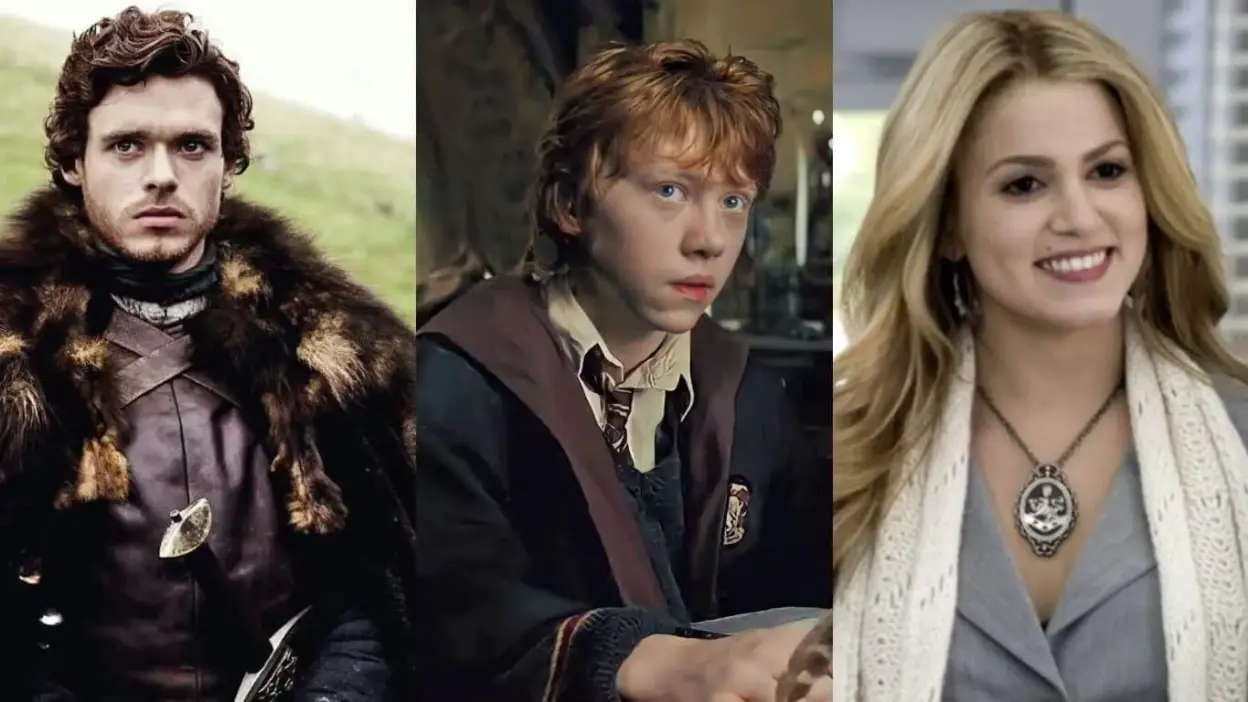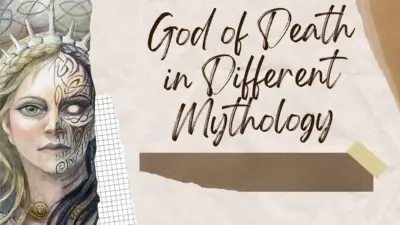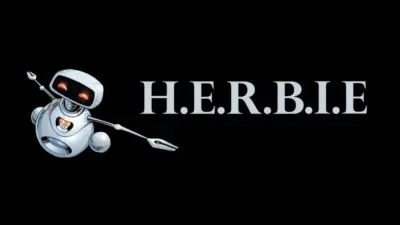- Rudy Steiner (“The Book Thief” by Markus Zusak)Ron Weasley (“Harry Potter” series by J.K.
- Rowling)Romeo Montague (“Romeo and Juliet” by William Shakespeare)Remus Lupin (“Harry Potter” se…
- William Golding’s “Lord of the Flies” presents Ralph as a symbol of order and civilization amidst the …
- In the “Twilight” series, Rosalie Hale is portrayed as a character of complexity and depth.
- Nathaniel Hawthorne’s “The Scarlet Letter” gives us Roger Chillingworth, a character consumed by venge…
- Martin’s “A Song of Ice and Fire” series is a poignant narrative of leadership burdened with honor and…
Literature offers a vast universe of characters, each with their unique journeys, battles, and transformations. Among these, certain names resonate more profoundly, leaving an indelible mark on our collective memory. This exploration delves into the lives and legacies of 10 Memorable characters from Books Whose Names Begin with ‘R’, whose stories range from the fight for justice in mythical lands to the enduring power of friendship amidst war’s despair.
10 Memorable characters from Books Whose Names Begin with ‘R’
Rudy Steiner (“The Book Thief” by Markus Zusak)
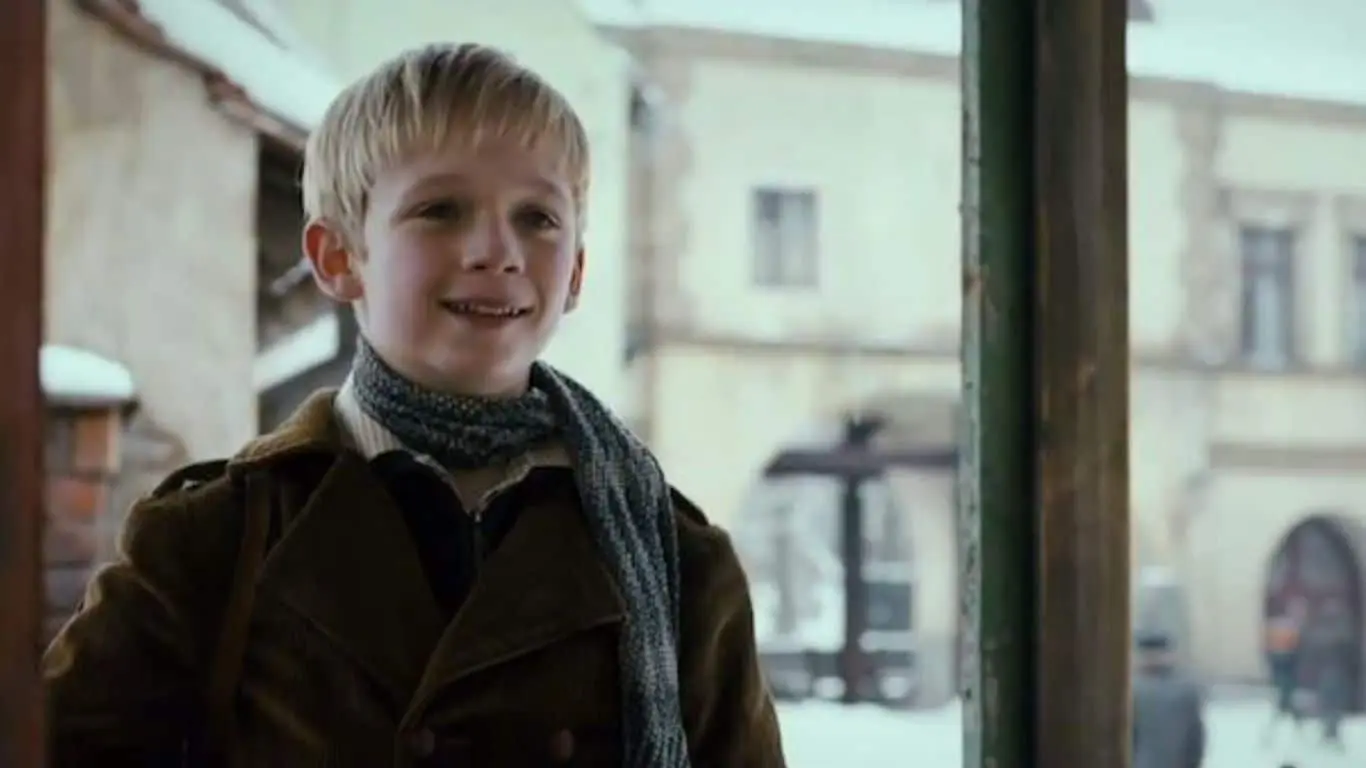
In the shadow of Nazi Germany, Rudy Steiner emerges as a beacon of innocence and bravery in “The Book Thief” by Markus Zusak. His character is a vibrant reminder of the purity of childhood friendship against a backdrop of unfathomable cruelty. Rudy’s dreams of emulating Jesse Owens, his acts of kindness, and his unwavering support for Liesel Meminger illuminate the human capacity for love and courage in the darkest times. His story is a heart-wrenching testament to the impact of human connections and the tragic cost of war on the innocent.
Ron Weasley (“Harry Potter” series by J.K. Rowling)
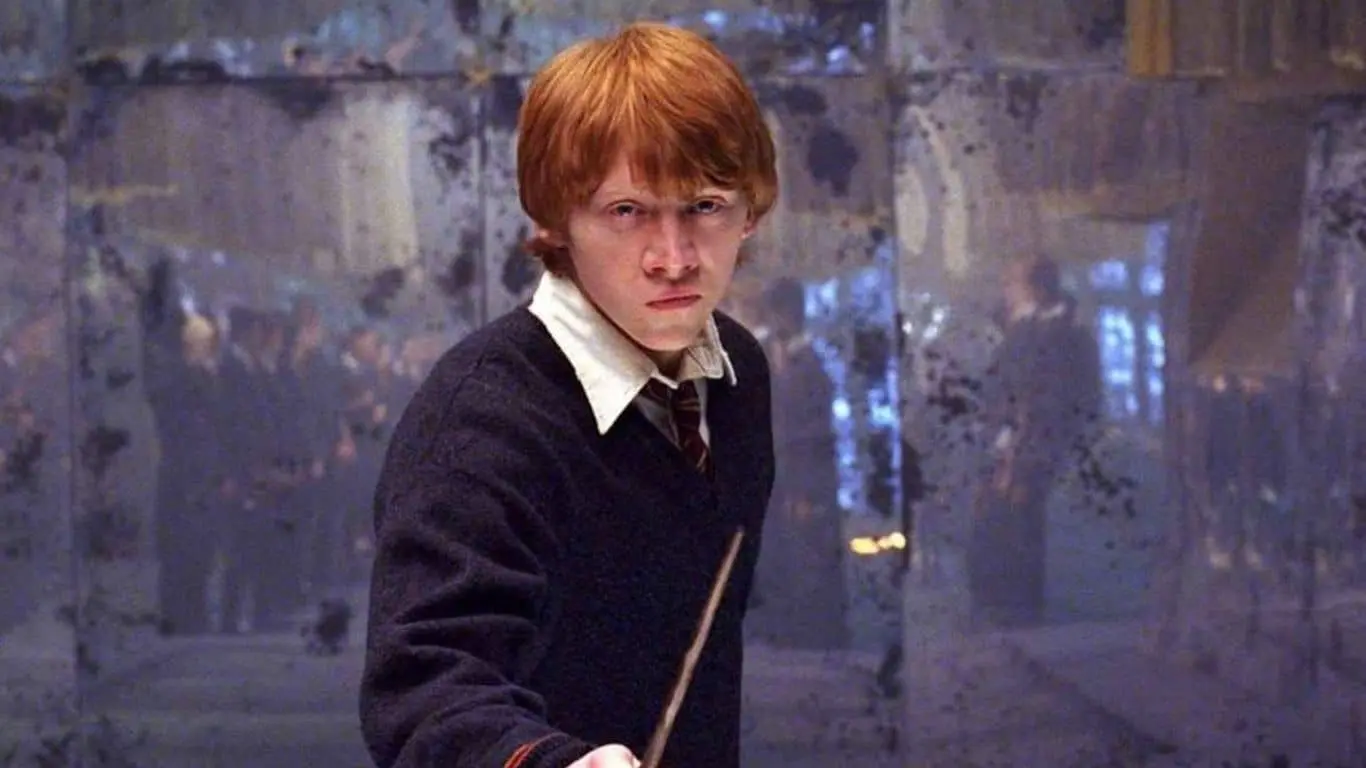
A character that evolves throughout the “Harry Potter” series, Ron Weasley exemplifies the essence of loyalty and the strength found in true friendship. Rowling crafts Ron as a character who, despite his insecurities and occasional jealousies, stands as a testament to unwavering support and courage in the face of darkness. His journey from the shadows of his siblings to a hero in his own right is a narrative rich with humor, growth, and the realization that bravery comes in many forms.
Romeo Montague (“Romeo and Juliet” by William Shakespeare)
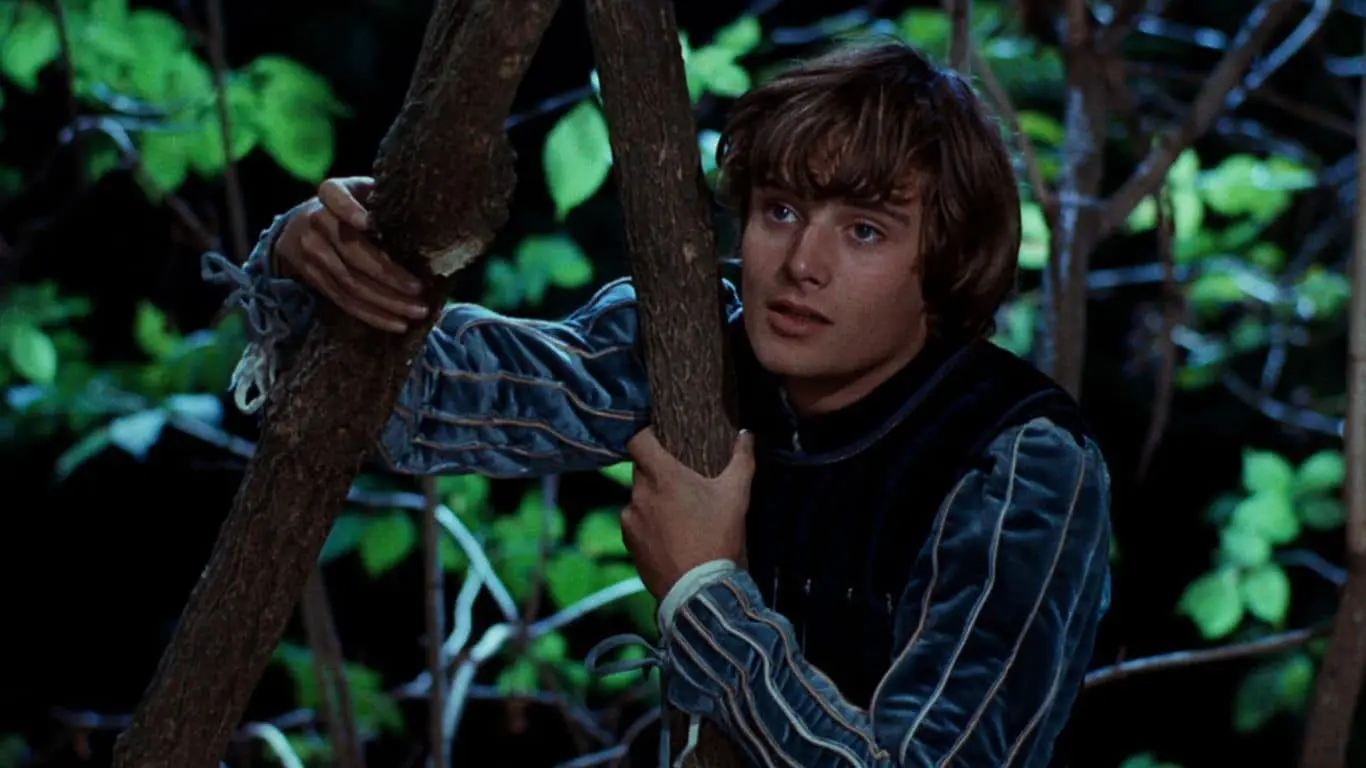
The tragic tale of Romeo Montague in William Shakespeare’s “Romeo and Juliet” serves as a timeless exploration of young love, family feuds, and the cost of passion. Romeo’s intense love for Juliet and his subsequent actions unfold a story that has become synonymous with the power of love and the tragic consequences of its defiance against societal norms. His character embodies the impulsive and all-consuming nature of first love, and the devastating fallout of a love that transcends life itself.
Remus Lupin (“Harry Potter” series by J.K. Rowling)
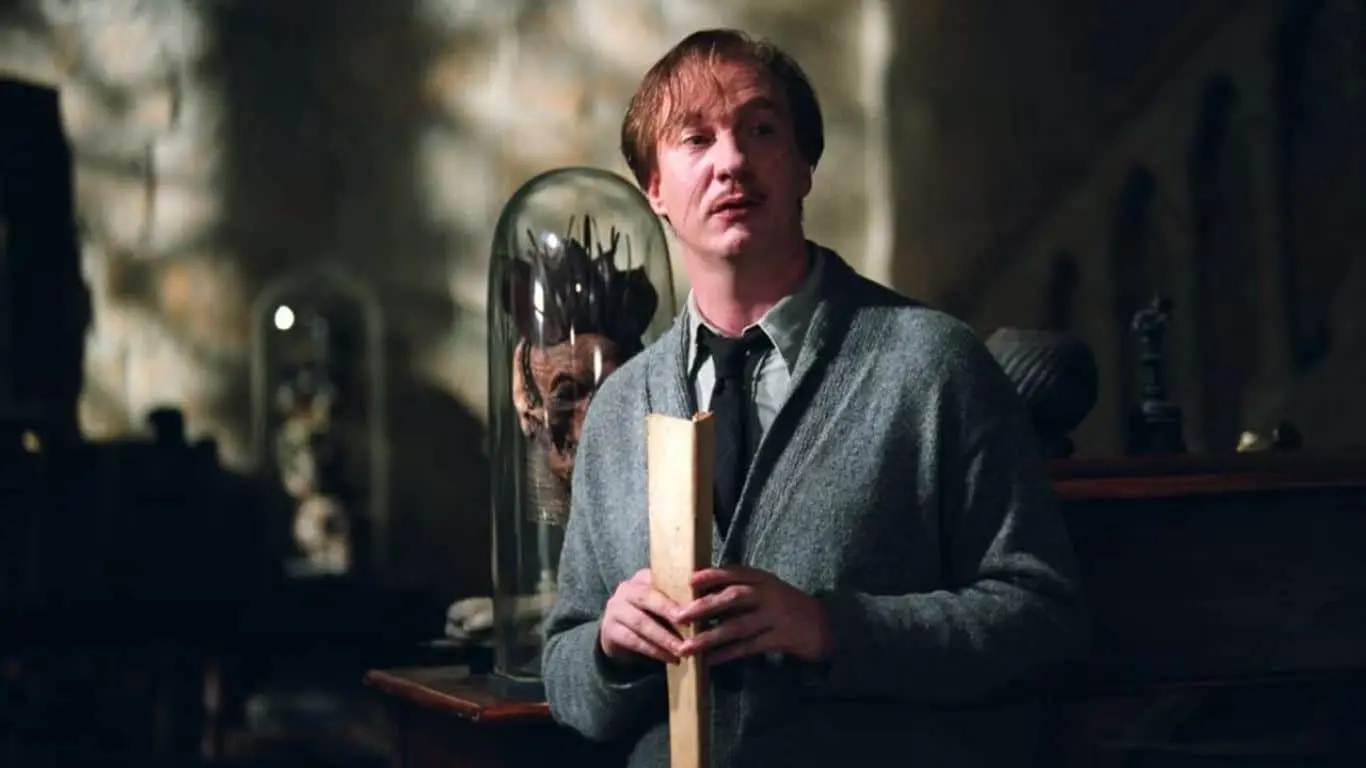
In the “Harry Potter” series, Remus Lupin stands as a character marked by resilience in the face of adversity and stigma. Lupin’s life as a werewolf and his role as a mentor and protector offer a profound commentary on the themes of acceptance and the battle against internal and external monsters. His wisdom, kindness, and tragic personal narrative enrich the magical world with lessons on empathy, the complexity of identity, and the fight for a better world, regardless of the personal cost.
Robinson Crusoe (“Robinson Crusoe” by Daniel Defoe)
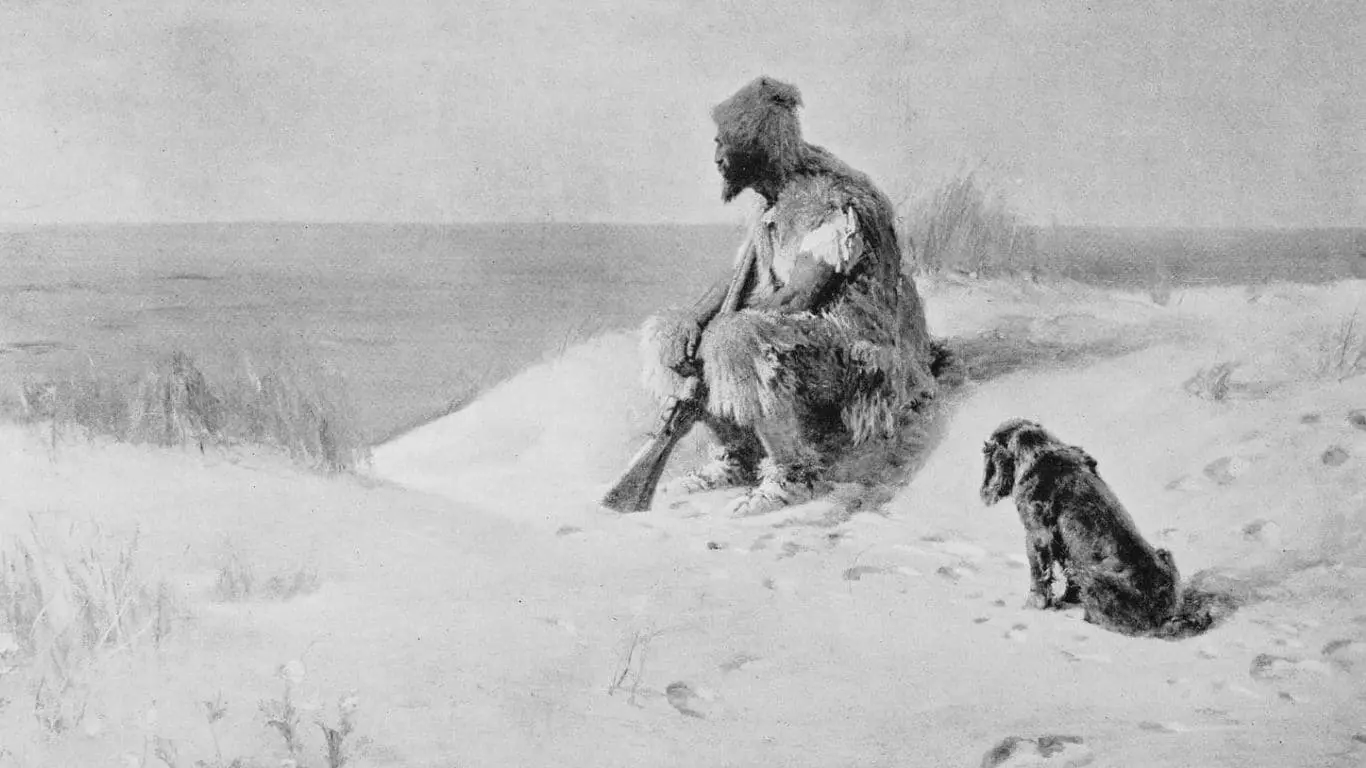
Daniel Defoe’s Robinson Crusoe, introduces us to the ultimate survivor, whose story of shipwreck and survival on a deserted island speaks to the human spirit’s indomitable will to live and adapt. Crusoe’s adventures and ingenuity in the face of solitude and despair explore the essence of human resourcefulness, the desire for companionship, and the profound impact of isolation on the human psyche. His narrative is a captivating study of man’s relationship with nature, God, and himself.
Ralph (“Lord of the Flies” by William Golding)
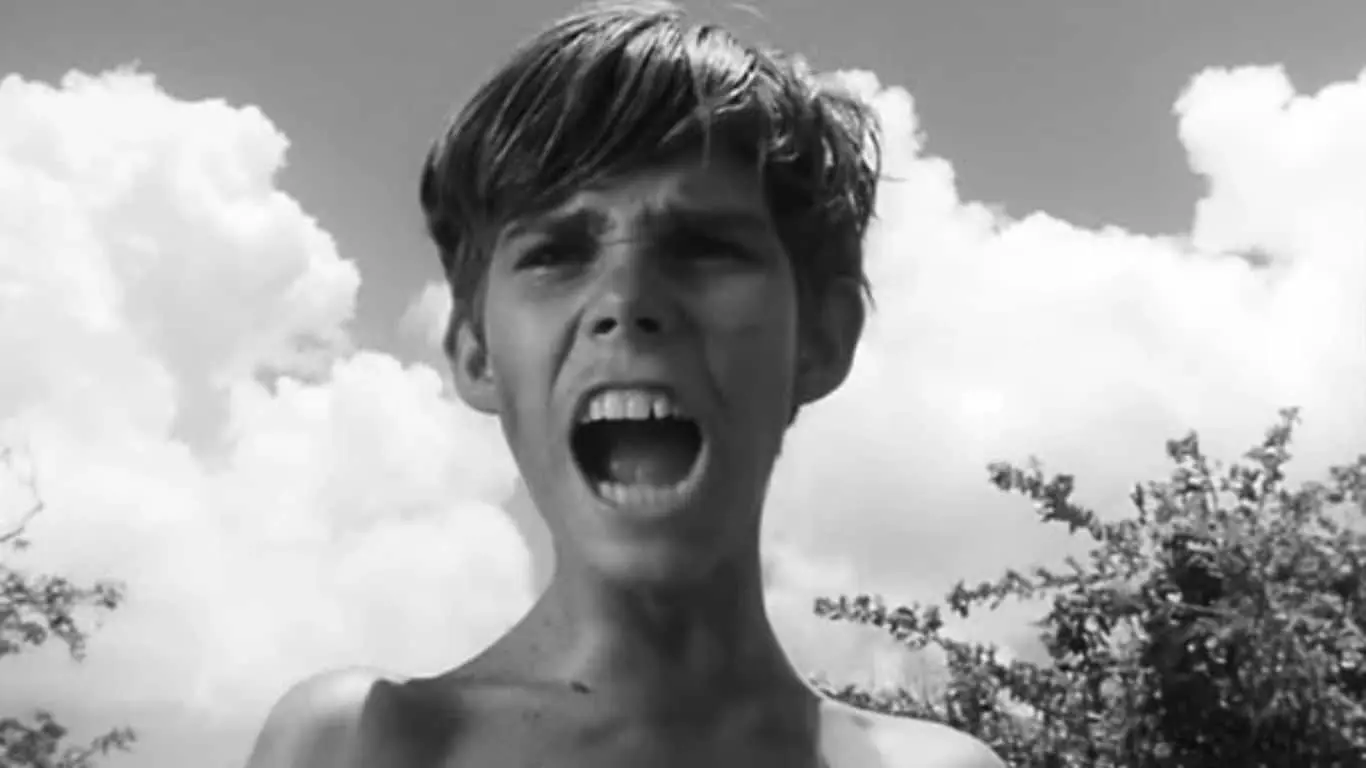
William Golding’s “Lord of the Flies” presents Ralph as a symbol of order and civilization amidst the descent into savagery. Ralph’s struggle to maintain peace and sanity among his peers on a deserted island is a gripping examination of the fragile veneer of society and the darkness lurking within humanity. His leadership, fraught with challenges and moral dilemmas, underscores the innate conflict between civilized restraint and primal instincts.
Rosalie Hale (“Twilight” series by Stephenie Meyer)
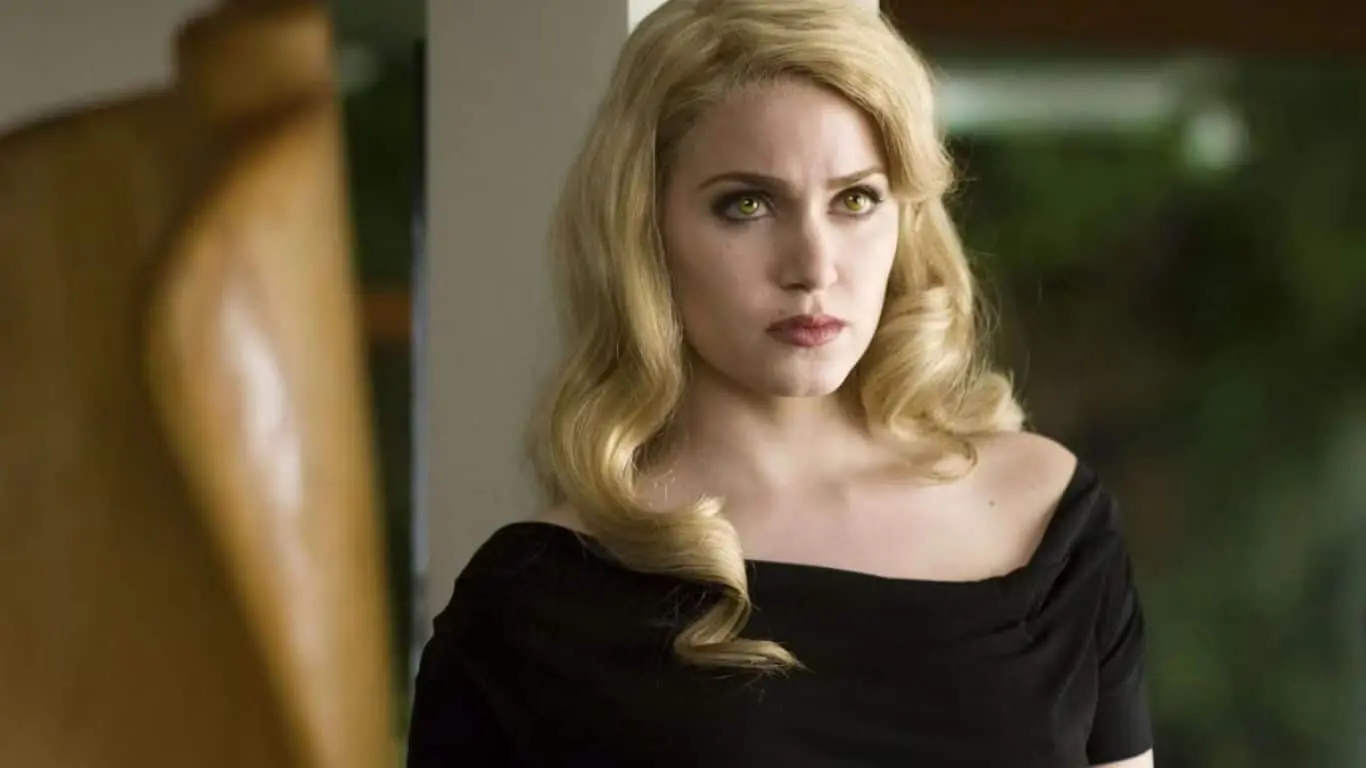
In the “Twilight” series, Rosalie Hale is portrayed as a character of complexity and depth. Her journey from vanity and bitterness to a figure of strength and compassion is a compelling arc that explores themes of revenge, acceptance, and the search for redemption. Rosalie’s backstory provides insight into her initial resentment towards Bella and evolves into a protective stance, offering a nuanced perspective on the vampire’s existence and the quest for identity and belonging.
Roger Chillingworth (“The Scarlet Letter” by Nathaniel Hawthorne)
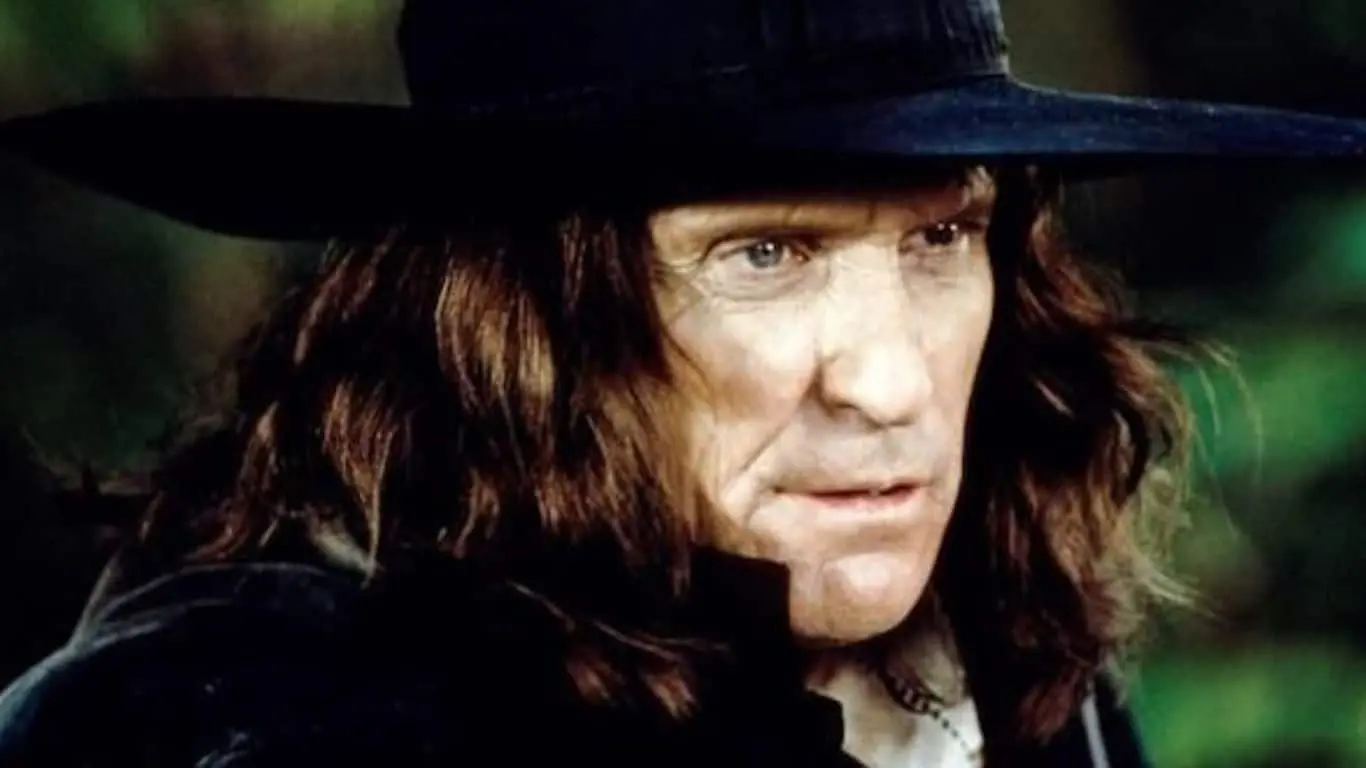
Nathaniel Hawthorne’s “The Scarlet Letter” gives us Roger Chillingworth, a character consumed by vengeance and obsession. His transformation from a wronged husband to a figure of pure malice is a dark exploration of the effects of betrayal and the corrosive power of unbridled revenge on the soul. Chillingworth’s pursuit of retribution against Dimmesdale is a chilling narrative of the destructive capacity of human nature when driven by hatred and the desire for revenge.
Rand al’Thor (“The Wheel of Time” series by Robert Jordan)
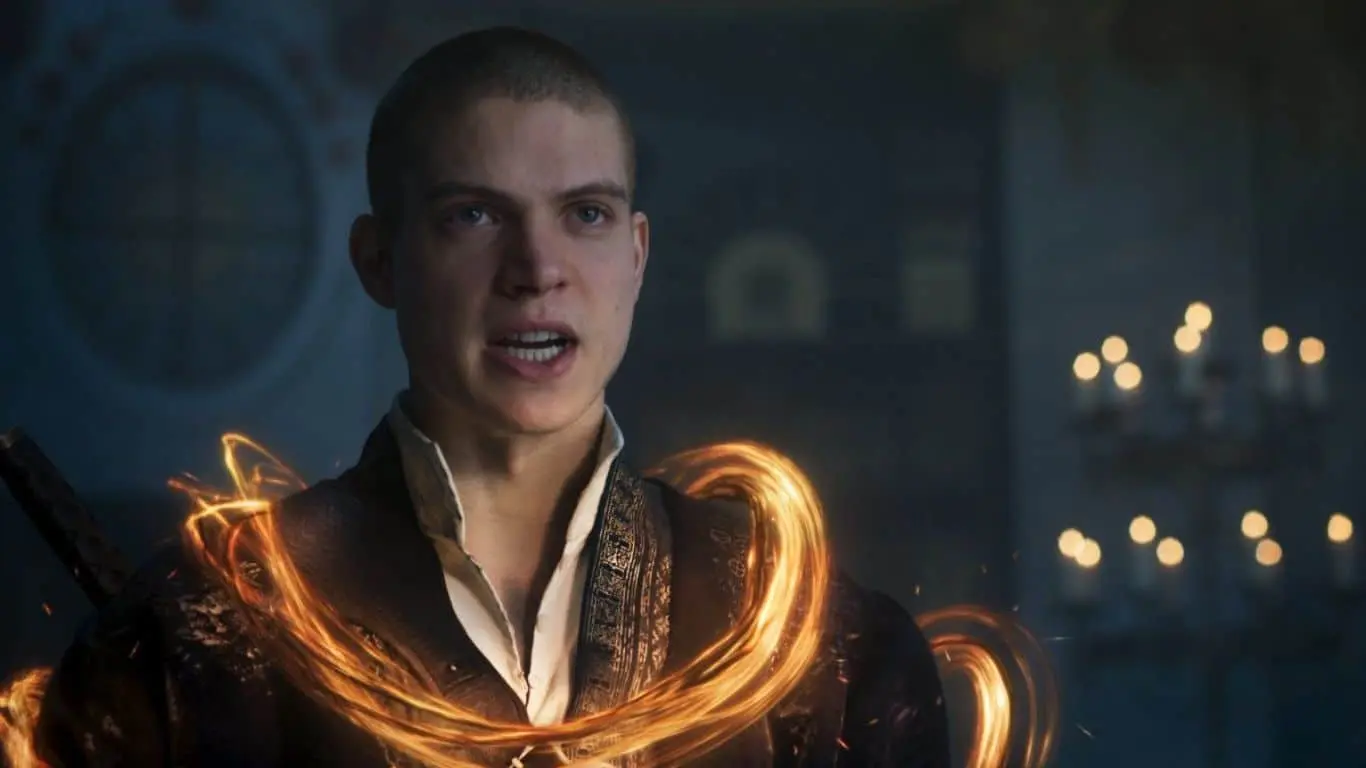
From Robert Jordan’s “The Wheel of Time” series, Rand al’Thor is an epic portrayal of a young man thrust into a prophesied battle against darkness. Rand’s evolution from a simple farm boy to the powerful Dragon Reborn, tasked with confronting the Dark One, is an expansive journey of self-discovery, sacrifice, and destiny. His struggles with power, identity, and the burden of prophecy delve deep into the themes of leadership, the duality of good and evil, and the weight of fate in shaping one’s path.
Robb Stark (“A Song of Ice and Fire” series by George R.R. Martin)
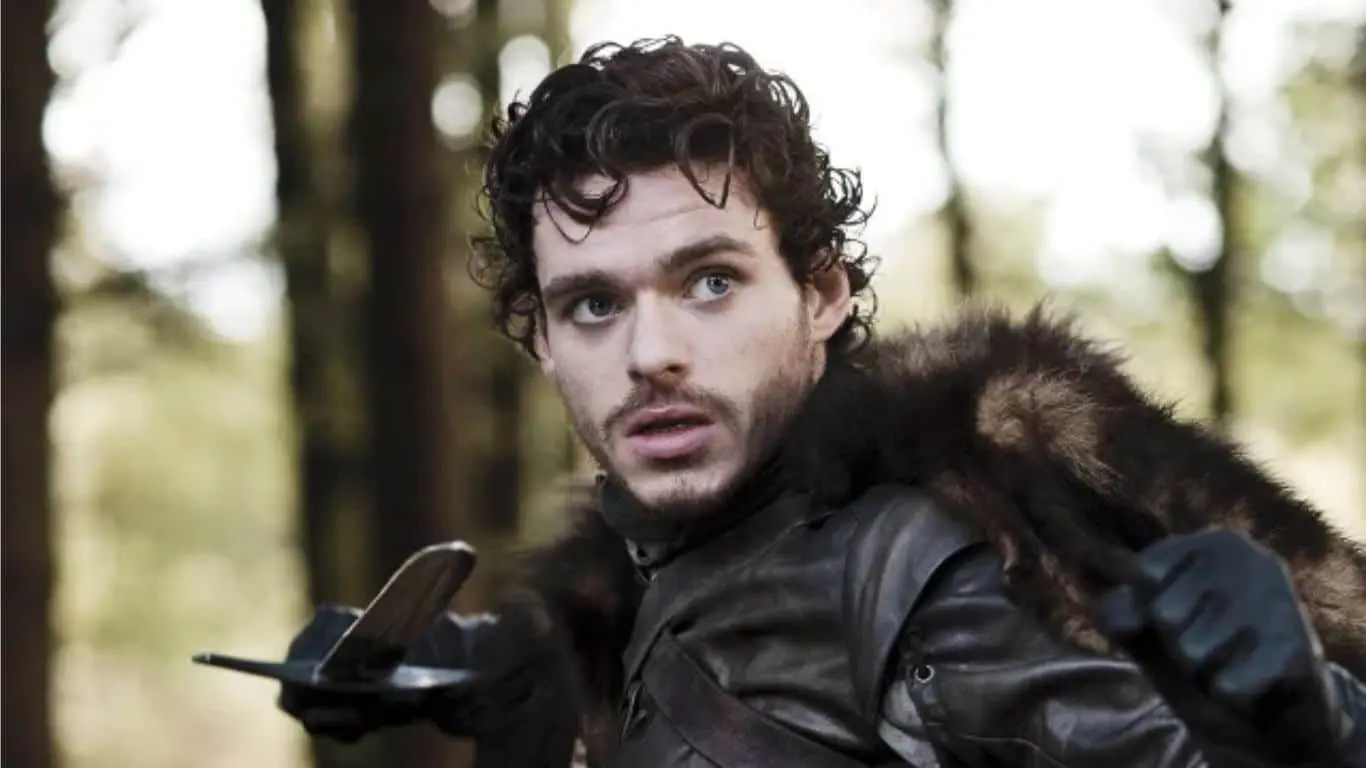
Embarking on a quest for justice and vengeance within the tumultuous realm of Westeros, the story of Robb Stark from George R.R. Martin’s “A Song of Ice and Fire” series is a poignant narrative of leadership burdened with honor and tragic destiny. Known as the Young Wolf, Robb’s journey is fraught with the complexities of war, loyalty, and the harsh realities of power. His noble intentions, coupled with his youth and determination, create a compelling character study in the midst of a world where honor often has a steep price.
Also Read: 10 Memorable characters from Books Whose Names Begin with ‘Q’
